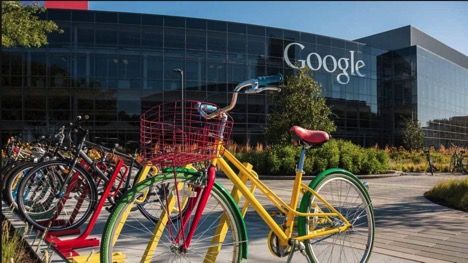We have all heard about ‘community-oriented policing’ and its goal to base law enforcement on relationship-building rather than stereotyped, racist, and centralized policing. The goal of creating community partnerships in order to curb crime is a positive move towards humanizing both law enforcement agents and the community members that are meant to be protected by the police. Police women and men are meant to live in the communities they patrol, and be well known by residents in order to build trust. Though the sounds of community-oriented policing are enticing, there is still much to improve within a system rooted in racism and discrimination as is any law enforcement agency in America. Unfortunately, the same can be said about the American educational system.
Ideally, teachers live in the communities in which they teach. Community-oriented teaching would also depend on building community partnerships in order to build trust. Superintendents, principals and schools leaders, teachers, and students all living in the same community as neighbors looking to educate one another and build one another up. The problem with community-oriented teaching lies in the fact that our economic system, based on racism and oppression, does not always offer the necessary support to enable educators to live in the communities they teach.
Silicon Valley is the center for technological advancement in the United States. As such, a lot of the tech industry’s major players have contributed in raising property values in the area. The median price of a single-family house is up in the millions, and rent does not fall under $3,000 per month. The high cost of living in Silicon Valley has forced many teachers to commute to their classrooms from many miles away. Teachers simply cannot afford to live in Silicon Valley even if they wished to do so.
The most obvious solution to this problem is to raise teachers’ salaries. If teachers in Silicon Valley make above $100,000 each year, they may find it possible to live within their communities from a financial standpoint. Although raising salaries seems like the most logical solution, we find two major issues. The first, teachers’ salaries are based on state funding and budgeting, which means that raising salaries in Silicon Valley would require an equal raise across all district teachers. It is unrealistic to nearly double the pay for all district teachers in California without affecting some other aspects of education, such as after school programs, elective courses, and campus maintenance and renovations. The second issue is closely tied with the first. Although some districts perform highly, a lot of districts in California perform very poorly. There are a variety of reasons for district underperformance, each deserving their spotlight, but succinctly put: higher teacher salaries will not guarantee better academic outcomes. A salary raise is the most obvious solution, but it might not be the appropriate solution.
Perhaps the best solution to address this issue is to provide teacher housing. After all, the goal teachers strive for is to live in the communities in which they teach. We can build apartment complexes that are rented out to teachers below market value so that they can afford to live in their communities. The proximity will also allow teachers to shorten their commute times which in turn will provide a better quality of life. Teacher housing should be implemented in all districts in order to increase community participation. Salary increases are possible, but housing seems to provide a more holistic solution to a problem that goes beyond paychecks and salaries.
Robel Espino
Latest posts by Robel Espino (see all)
- Parte 2, Explorando las Ideas de Jeffrey Duncan-Andrade: La Política y la Economía del Fracaso - December 18, 2019
- Part 2, Exploring Jeffrey Duncan-Andrade’s Ideas:The Politics and Economics of Failure - December 16, 2019
- Explorando Las Ideas de Jeffrey Duncan-Andrade, Parte 1: El Sistema de Educación Urbana, No Está Fallando - December 3, 2019
- Exploring Jeffrey Duncan-Andrade’s Ideas, Part 1: The Urban Education System Is Not Failing - November 26, 2019
- Estudio Sugiere Que las Lecturas en el Aula No Son Muy Efectivas, Pero Mis Alumnos y Yo las Amamos - November 22, 2019

